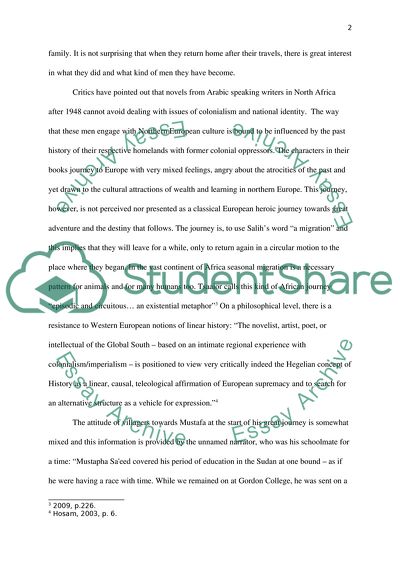Cite this document
(Post-Colonial Cultures of Sudan and Egypt Assignment Example | Topics and Well Written Essays - 1500 words, n.d.)
Post-Colonial Cultures of Sudan and Egypt Assignment Example | Topics and Well Written Essays - 1500 words. https://studentshare.org/culture/1744422-text-and-traditions-final-take-home-examination
Post-Colonial Cultures of Sudan and Egypt Assignment Example | Topics and Well Written Essays - 1500 words. https://studentshare.org/culture/1744422-text-and-traditions-final-take-home-examination
(Post-Colonial Cultures of Sudan and Egypt Assignment Example | Topics and Well Written Essays - 1500 Words)
Post-Colonial Cultures of Sudan and Egypt Assignment Example | Topics and Well Written Essays - 1500 Words. https://studentshare.org/culture/1744422-text-and-traditions-final-take-home-examination.
Post-Colonial Cultures of Sudan and Egypt Assignment Example | Topics and Well Written Essays - 1500 Words. https://studentshare.org/culture/1744422-text-and-traditions-final-take-home-examination.
“Post-Colonial Cultures of Sudan and Egypt Assignment Example | Topics and Well Written Essays - 1500 Words”. https://studentshare.org/culture/1744422-text-and-traditions-final-take-home-examination.


